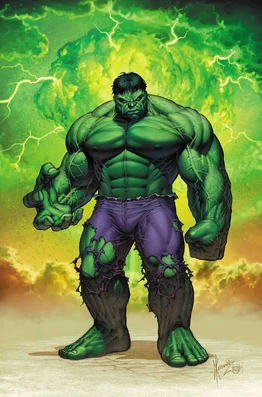The Power of Choice and Redemption
Black Widow's story is fundamentally about choice—the choice to be more than what others made you.
Despite being conditioned from childhood to be a weapon, Natasha chose to become a protector. Her
journey shows that redemption is always possible, no matter how dark your past. She proves that
heroism isn't about having the most power, but about choosing to use whatever abilities you have
to protect others.
"I've got red in my ledger. I'd like to wipe it out."
- Natasha Romanoff's driving motivation to atone for her past
Family as Healing
For someone who was systematically stripped of all human connections, Natasha's discovery of family
in the Avengers represents profound healing. She learned that true strength comes not from isolation
and self-reliance, but from trusting and being trusted by others. Her relationships with Clint,
Steve, and later the entire team show her capacity for love despite everything she endured.
The Strength of Vulnerability
Natasha's greatest strength isn't her combat skills or tactical intelligence—it's her willingness
to be vulnerable with those she trusts. In a world of gods and super-soldiers, she stands as an
equal through her emotional intelligence and ability to see the humanity in others. Her capacity
to help others heal from their own trauma comes from her intimate knowledge of pain and recovery.
"We have what we have when we have it."
- Natasha's philosophy about cherishing relationships despite their impermanence
Legacy of Liberation
Black Widow's ultimate legacy isn't just her heroic deeds, but her role in breaking cycles of
abuse and control. By freeing the other Widows and destroying the Red Room, she ensured that
her trauma would not be perpetuated on others. Her story demonstrates that survivors can become
liberators, transforming their pain into power to help others.






